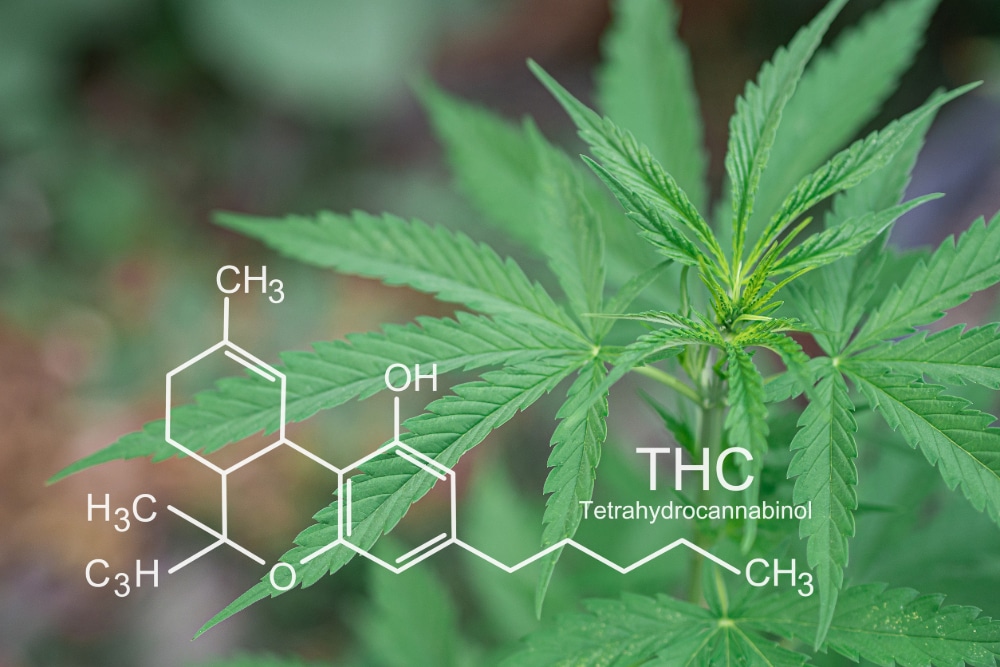Congress Ends Shutdown By Shutting Down Hemp Law Loophole

H.R. 5371, the bill that reopened the U.S. federal government, also contains a poison pill for the industrial hemp industry. Buried deep in the bill is very specific language that greatly limits the quantity of THC that hemp products may contain.
In a summary of the new law, Jason Adelstone, an attorney with Harris Sliwoski, wrote on the Canna Law Blog:
The new legislation explicitly excludes from the federal definition of “hemp” viable seeds from plants that exceed 0.3% total THC (including THCA). This means seeds from plants that can grow into high-THC cannabis, or produce high THCA flower, are no longer considered legal hemp. They’re now classified as “marijuana” under federal law.
Seeds were not previously considered marijuana. That means seed producers, importers, and exporters will have to reassess their inventories, according to Adelstone. And that means “95% of current hemp products on the market” will become illegal.
Companies have until November 13, 2026, to comply with the new law. Companies operating in states that allow marijuana cultivation will still be able to operate under state law, but they won’t be able to take products across state lines or ship out of state.
Let’s go back to the 2018 Farm Bill, which removed industrial hemp from the Controlled Substances Act, subjecting it to rules established by the Department of Agriculture. The so-called “hemp law loophole” allows the cultivation of marijuana with no more than 0.3% delta-9-THC. Such marijuana is classified as industrial hemp.
The hemp law made it legal to derive powerful hemp derivatives that skirt the definition of cannabis. These include THC-A and delta-8-THC. Under the 2018 Farm Bill, these derivatives can be sold in states where cannabis is illegal. These products can also be sent through the U.S. Postal Service and carried across state lines.
Seven years later, many large businesses have built up thanks to the hemp law loophole. From farmers, processors and distributors to manufacturers and retailers, the hemp law loophole has been a big moneymaker.
CBS News Minnesota spelled out exactly what closing the hemp law loophole is going to mean for that state: “[It] effectively puts a federal ban on the drinks and edibles available for purchase.”
The Minneapolis Cider Company sells THC-infused beverages under the TrailMagic brand in 24 states. Jason Dayton, cofounder, told CBS News Minneapolis that the company sold three million cans of TrailMagic in 2024. Statewide, Minnesota takes in over $10 million in taxes on over $100 million in annual sales of hemp law loophole products.
In states that have legalized recreational marijuana, THC-infused beverages can be sold in bars, restaurants, movie theaters, and other recreational venues. In those states with medical marijuana only, customers would now have to buy THC-infused products at licensed dispensaries.
Sellers of high-potency, cannabis-derived products are hoping the size of the market will make legislators think twice and reinstate the previous law. The attorney Jason Adelstone says not to count on it: “The hemp industry as we knew it is changing forever. Make sure you’re on the right side of these new rules before it’s too late.”
Written by Steve O’Keefe. First published November 25, 2025.
Sources:
“Hemp Companies Have One Year to Get Marijuana Genetics Into or Out of the US…But a Loophole May Still Exist,” Canna Law Blog, November 17, 2025.
“New federal hemp THC limits would ‘eliminate’ industry; Minnesota businesses hope Congress will repeal, ” CBS News Minnesota, November 14, 2025.
Image Copyright: boon8studio.




